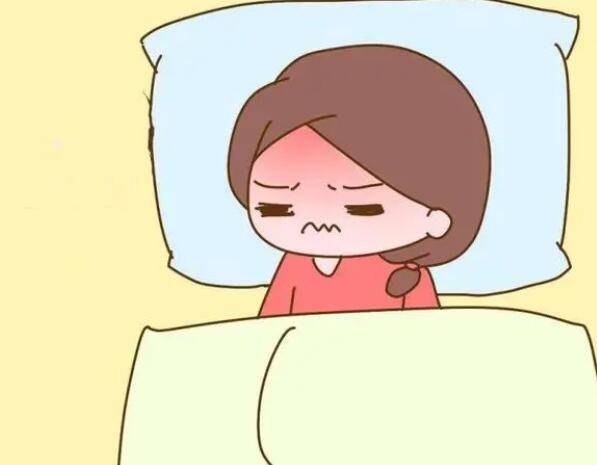The premenstrual symptoms are similar to the signs of early ovarian failure, including the following points:
1. Age: around 45 years old, abnormal menstruation, should consider approaching menopause;
2. Changes in menstruation: unlike early ovarian failure, the main manifestation is the prolongation of menstrual cycles. For example, if the usual menstrual cycle is 28-30 days, it may extend to 2-3 months or even half a year, considering menopause due to the patient’s age;
3. Emotional fluctuations;
4. When exercising, is it easy to cramp? Is there osteoporosis or estrogen deficiency?
Women who experience early menopause may have the possibility of early ovarian failure and should consider the matter of having a baby early.
Is natural menopause still hopeful for pregnancy?
Menopause can be classified into many situations. If it is natural menopause in older women, the ovarian follicles are depleted, making natural or IVF pregnancy less likely. However, if the ovaries still show follicles under normal monitoring, hormone levels meet IVF conditions, early menopause can be regulated through medication to establish a regular menstrual cycle for successful IVF pregnancy.
Can IVF be done after menopause?
Natural menopause is when women go through the normal reproductive aging process, with the ovarian follicles depleted and no response to gonadotropins. At this point, there is no follicular development in the ovaries, no estrogen secretion to stimulate endometrial growth. For women with early menopause who wish to conceive again, regulating menstruation and attempting ovulation induction are options, but it may require multiple cycles.
Normal menstruation is essential for regular ovulation in women.
Some women experience menopause due to gynecological inflammation, emotional fluctuations, medication effects, environmental changes, hormonal imbalance, uterine diseases, excessive fatigue, and excessive mental stress. In such cases, women’s ovarian and endometrial functions are usually good, and fertility can be optimized.


